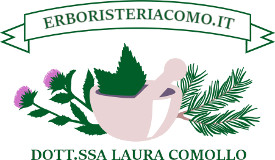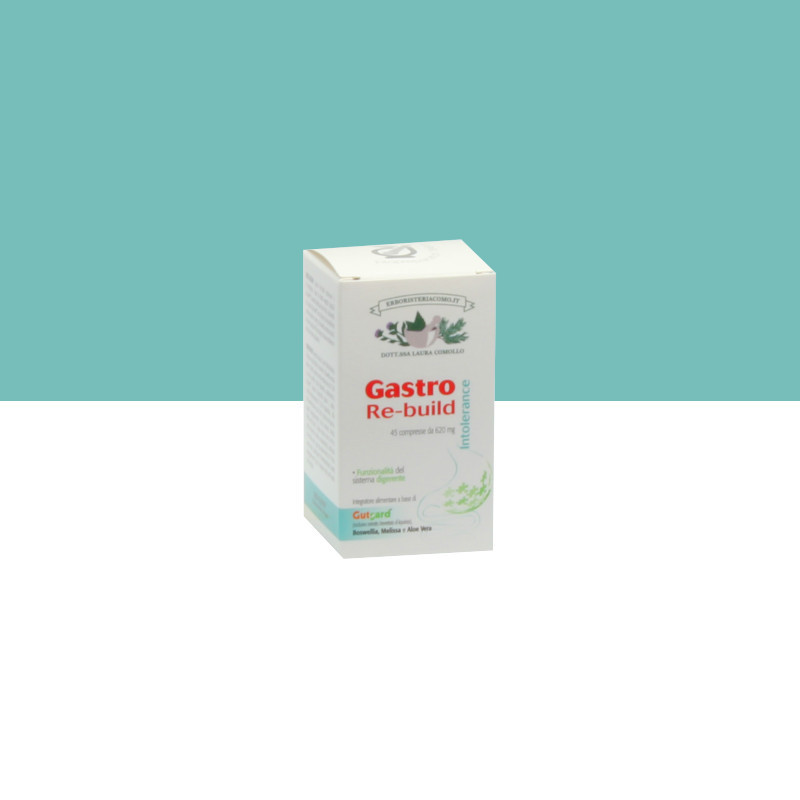Irritable bowel syndrome (ibs): symptoms and causes. In particular, let’s take an insight on Irritable bowel syndrome natural remedies.
Irritable bowel syndrome, or I.B.S., is a syndrome characterized by a number of symptoms, the most common of which is recurrent abdominal pain associated with changes in the alve. Additional symptoms may be bloating and flatulence as well as dyspepsia, heartburn, nausea and vomiting. This syndrome affects 15 to 30% of the population, although only a third of people affected by this disorder consult their doctor.
Usually the disorder begins to manifest itself in the first three decades of life, occurs with intermittent episodes and can last for a lifetime, without limiting its duration. Since there are no anatomical anomalies, there are no markers that can facilitate the diagnosis of the disease, therefore the criteria for the diagnosis of this syndrome are the criteria established in the Rome conference in 1998 and reported in Harrison’s Manual of medicine (2001), and it is specified that the symptoms must have occurred for at least 3 months continuously.
Irritable bowel syndrome: causes
Although the pathogenesis of this disorder has not been fully clarified, it seems to derive from a combination of alterations in motor and sensory functions at the visceral level, associated with significant psychological disorders. Motility changes are the most frequent clinical signs of irritable bowel syndrome that have led to classifying it as a motility disorder. The most frequent characteristic is the alternation of constipation and diarrhea, usually with a predominance of one of these two symptoms. In whom the constipation is the predominant symptom, which is resistant to treatment with laxatives) weeks or months of constipation interrupted by short periods of diarrhea can be observed.
In recent years an increasing importance has been given to the pathogenesis of pain and there is evidence that suggests the presence, in patients suffering from this syndrome, of a specific increase in visceral sensitivity in response to physiological or pathological stimuli, while the sensitivity is not changed pain in other parts of the body; this seems to indicate that the afferent pathway involved in irritable bowel syndrome is selective for splanchnic innervation and that the somatic pathways are spared. The role of factors affecting the central nervous system in irritable bowel syndrome is confirmed by the strong association between emotional disorders, such as stress, and exacerbation of symptoms and by the pharmacological response to therapies that act centrally. Abnormal psychiatric characteristics can be registered in up to 80% of patients with irritable bowel syndrome.
Irritable bowel syndrome: treatments with classic pharmacological approaches
The pharmacological approach of the syndrome reflects its multifactorial nature. The treatment of symptoms related to the alteration of the alvo (diarrhea or constipation) uses drugs that modulate intestinal motility, such as spasmolytics and antidiarrheal drugs or vegetable fibers. In recent years an increasing importance has been given to the pharmacological treatment of visceral sensitivity, with the use of drugs that antagonize the release or effects of serotonin. Another class of drugs useful in the treatment of this syndrome is given by antidepressants with analgesic and antispasmodic properties independent of their antidepressant effect.
Irritable bowel syndrome: treatments with natural remedies
Erboristeria Como recommends, as natural remedy to help against irritable bowel syndrome, this natural supplement Gastro rebuild (also useful against gastritis, Helicobacter Pylori, gastric ulcer and abdominal pain), to be taken 2 tablets a day for 60 days .
Gastro rebuild is based on:
- boswellia, with anti-inflammatory action; aloe vera with high acemannan titration with protective film-forming action;
- lemon balm titrated in rosmarinic acid, which relaxes smooth muscles;
- an exclusive patented licorice extract, Gutgard, unique because it is titrated at least 3.5% in glabridin, maximum 0.5% in glycyrrhizic acid (does not cause hypertension!) and titrated at least 10% in total flavonoids. This extract, according to in vitro and in vivo clinical studies (1) conducted at the university, has been shown to have an inhibitory activity of H. Pylori (main responsible for gastritis and ulcer), an in vivo study (2) has shown how this extract at 50 mg / kg has an ulcer-reducing action comparable to omeprazole but without increasing the pH levels, while a double-blind randomized clinical trial (3) has shown how glabridin, the main flavonoid contained in this extracted, has an anti-inflammatory activity through modulated and non-selective inhibition of COX and leukotrienes, showing how treatment with 75 mg of Gutgard twice a day for a period of 30 days reduces abdominal pain, abdominal swelling and gastric reflux .
Gemmotherapy could also be helpful for this syndrome, as an adjuvant. According to scientific literature, against the I.B.S., linden bud extract is recommended for its antispasmodic action: it is indicated in all cases where the spasm element dominates: in the treatment of irritable colon, for example, it can be prescribed on its own or it can accompany the cranberry bud extract (Vaccinium vitis idaea).
Vaccinum vitis idaea is the specific remedy for all ailments affecting the colon. Experimental studies on the cranberry bud extract have shown a regulatory action, of a biphasic type, on the motility of the colon: in case of inertia it performs a stimulating and tonic action; in case of spasm and hypertonia it proves sedative and antispasmodic. Its use will therefore be valuable in the treatment of irritable colon, spastic colitis, meteorism etc. and in particular associated with linden and possibly with Ficus carica, it will contribute to a marked improvement in the symptomatic picture.
How to take the two bud extracts of election if they were to be prescribed together? usually it is recommended to take 20-40 drops of lime bud derivative in water 15 minutes before breakfast and before bedtime, while blueberry bud derivative (Vaccinium vitis idaea M.G.1DH) 50 drops in water 15 minutes before lunch and dinner. For 20 days a month for 2-3 months.
For any clarification or for more information Contact us.
Follow us on our Facebook and Instagram channels
ALL RIGHT ARE RESERVED, THIS TEXT IS NOT REPRODUCIBLE WITHOUT EXPRESS AUTHORIZATION OF ERBORISTERIA COMO.
Study:
- (1) In vitro anti-Helicobacter pylori activity of a flavonoid rich extract of Glycirrhiza glabra and its probable mechanisms of action.
- (2) Evaluation of antiulcer activity of glabridin rich Glycyrrhiza glabra extract (Gutgard) in pylorus ligated albino wistar. Indian Journal of Pharmacology. 41 Supplements 1. PP-140, ppS59.
- (3) Gutgard Alleviates the Symptoms of functional dyspepsia.


